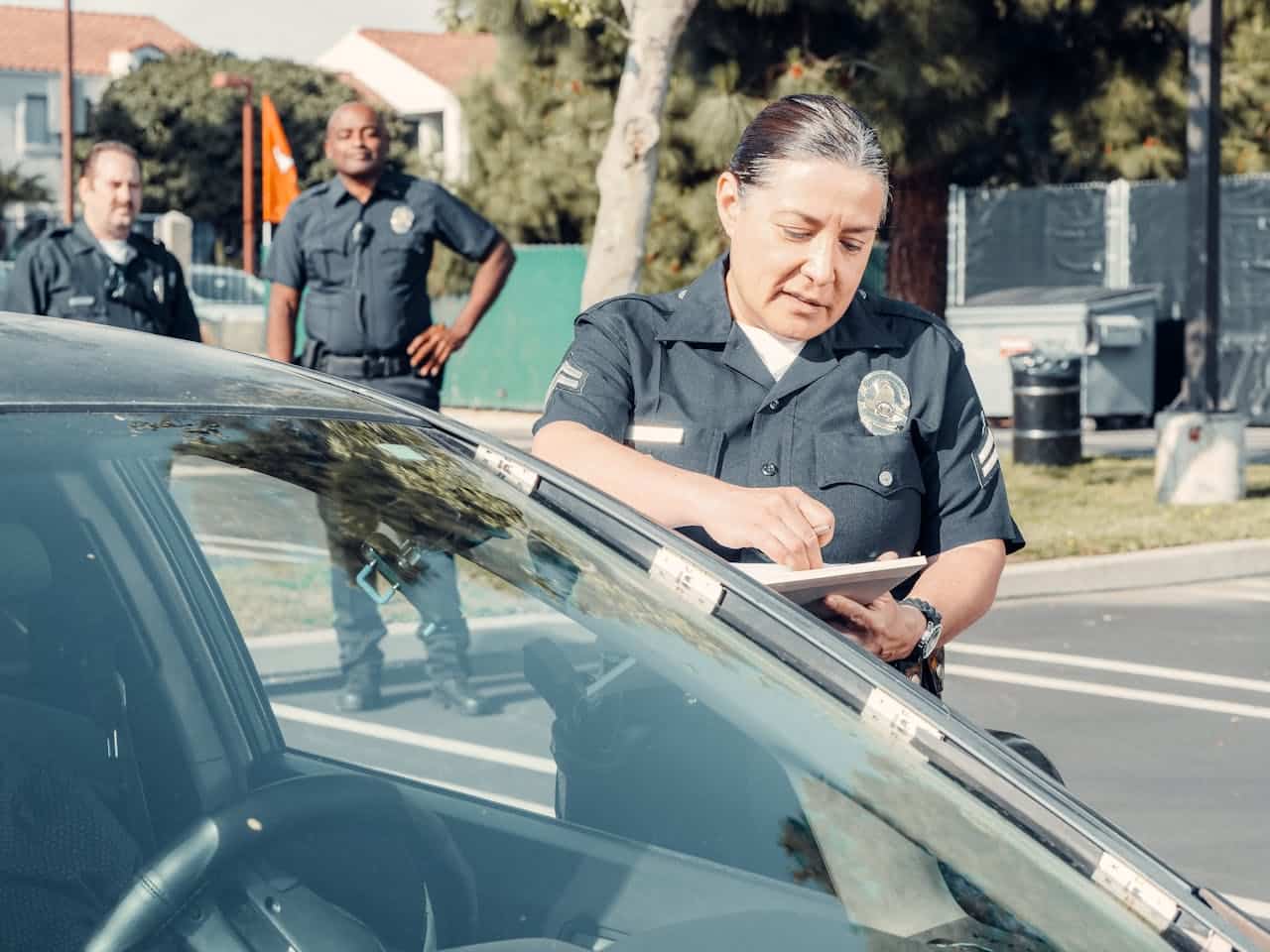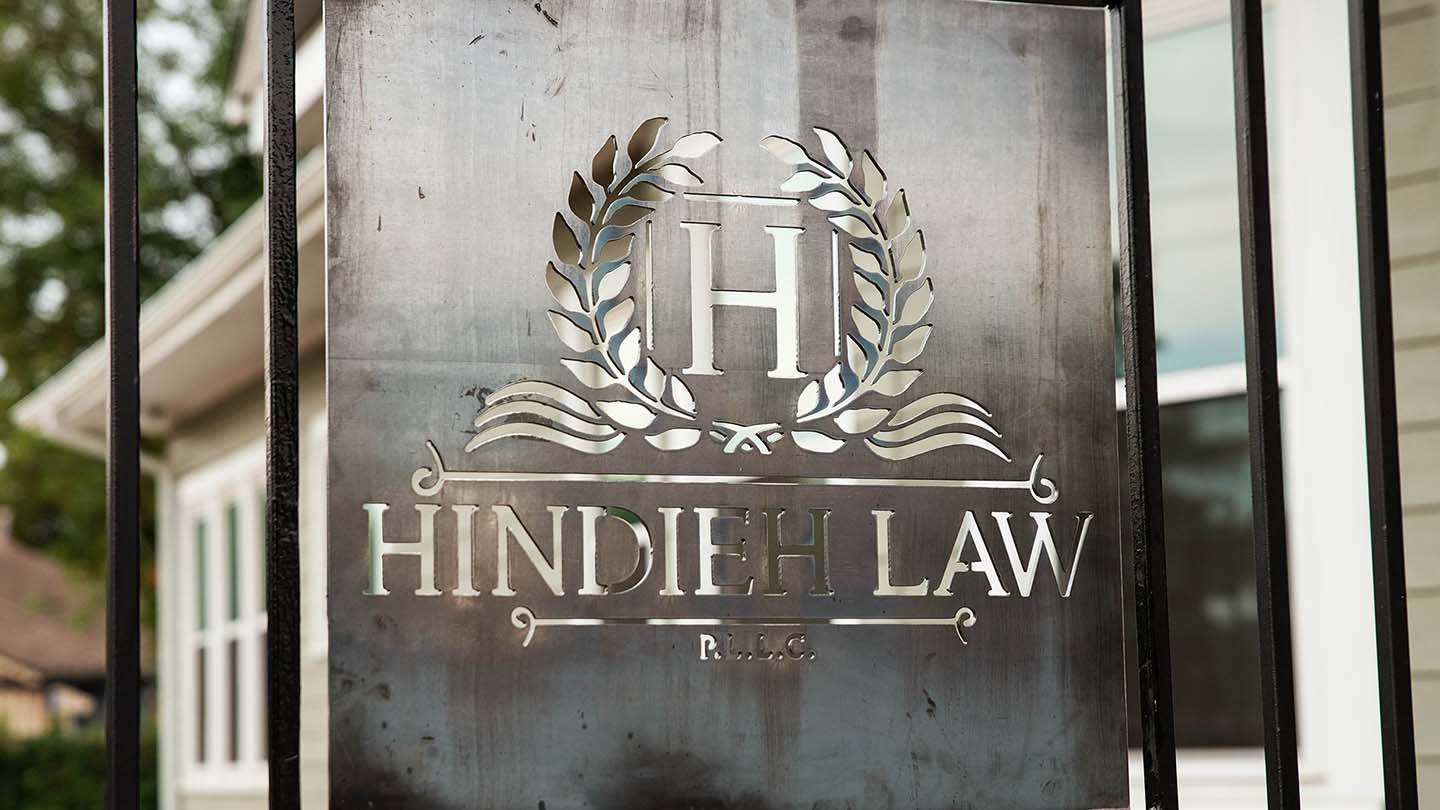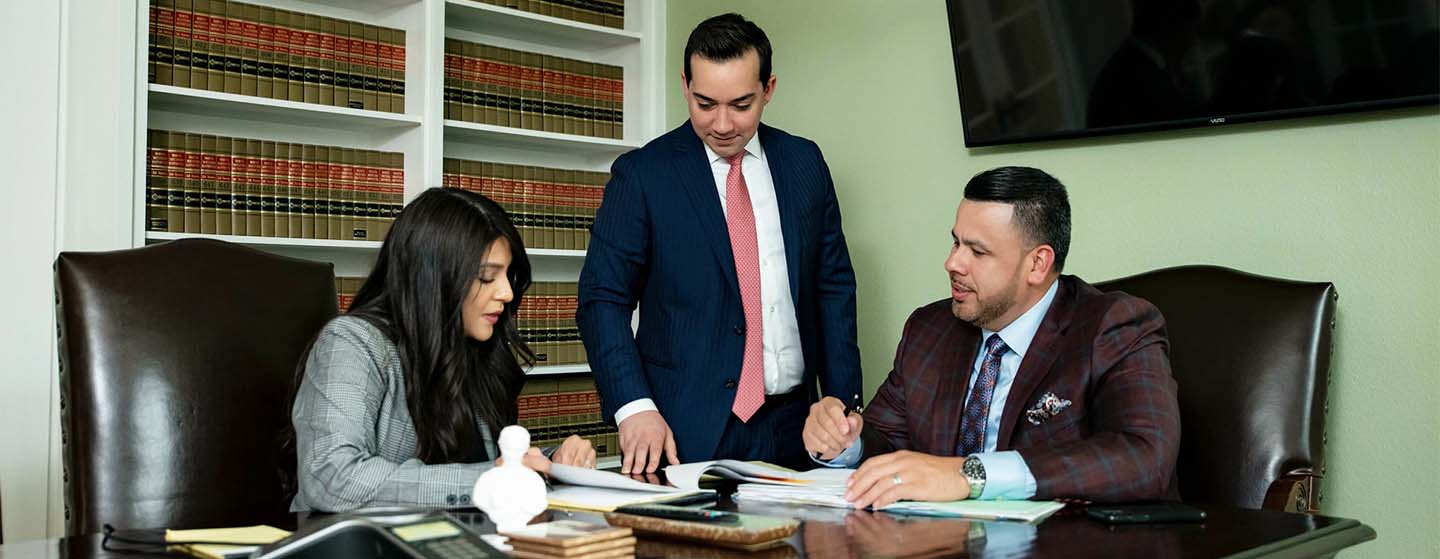Contact the 214-Release: Hindieh Law Now
We Assist Domestic Violence Victims in Obtaining Restraining Orders in Dallas, Collin, Tarrant, Denton, Ellis, Kaufman, Johnson & Rockwall Counties.
Domestic violence should be treated extremely seriously at all times. You should leave the house right away if your partner has been verbally or physically violent to you or your children. Even if you are willing to forgive your partner for their behavior, you must inform others of the problem and get legal advice from a Dallas domestic violence attorney.
Help for Domestic Violence Victim
Domestic violence is a major problem, especially in the Hispanic and Latino communities. Far too many people try to overlook or forgive it, which leads to more severe and frequent abuse.
Once you are in a safe location, contact our Dallas domestic violence attorneys at Hindieh Law by calling 214-Release (214.960.1458). We can talk to you about your options and explain what will happen to your partner if you decide to divorce and/or bring charges against them.
Do not be afraid to intervene if you are a domestic violence victim. Please contact our Dallas domestic violence attorney.
How Can I Protect Myself From Domestic Violence?
Domestic violence is a widespread issue in the United States, and one of the primary concerns is that domestic violence victims do not usually come forward to report it. When violence has been demonstrated, divorce courts are sympathetic to spouses who have been victims of abuse and always prioritize their interests.
One of the first things you should do with a Dallas domestic violence lawyer obtains a temporary restraining order and ensure that you and your children are secure.
More than simply physical injury is involved in domestic abuse. It may also entail:
- The possibility of violence
- Stalking
- Making threatening phone calls or sending threatening emails
- Getting to a spouse via trespassing on someone else’s property
- Sexual infractions
Some attorneys encourage you to stay in your house as long as possible since if you leave and file for divorce, you may not be able to return for a long time. In some circumstances, this may be true, but your safety should always come first.
We can battle to get you back in your house, but we can’t protect you from abuse if you stay in an environment where an abusive spouse can reach you.
What is the Texas Domestic Violence Statute of Limitations?
Because not every case of domestic abuse is reported right away, Texas has enacted a statute of limitations to give domestic violence victims more time to come forward.
The length of incarceration is determined by the seriousness of the offense. Because domestic assault is a misdemeanor, the maximum sentence is two years.
Furthermore, if the violence continues, the charge becomes a felony, and the statute of limitations is extended to three years.
In Texas, what are Temporary and Long-Term Restraining Orders?
A restraining order may be necessary to protect yourself if you have been the victim of domestic abuse or fear that you will be.
- You can get a temporary restraining order before your court case is scheduled so that nothing happens to you before your hearing.
- Based on the facts and evidence provided to the court, a long-term restraining order may be granted.
What Should I Do to Protect Myself from Domestic Abuse?
People care about what happens to you, and the Hindieh Law team is no exception. Our team is extremely tight and works together to provide the support and protection that our clients require during this difficult period.
Tell us more about your experience by contacting our Dallas domestic violence attorney immediately. Our legal services are available in both English and Spanish.
If you or your children have been domestic violence victims, you should get help immediately. Call 214-Release (214.960.1458) to reach Hindieh Law, PLLC, and claim your free initial consultation with our experienced Dallas family violence defense attorney.






